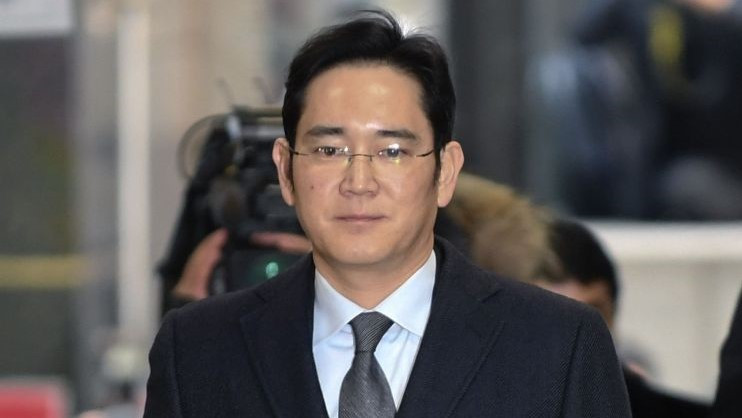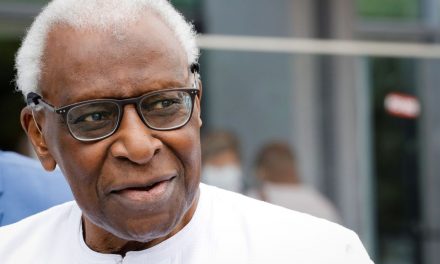6 February 2018
Samsung chief, Lee Jae-yong, was freed by appeal court after one year of imprisonment. He was sentenced to 5 years by the lower court. The appeal court reduced the sentence to 2 and a half years and suspended the sentence. Lee’s arrest came about because of millions of people taking to the streets in late 2016 protesting the corrupt former President Park Geun-hye for extorting bribes from family owned conglomerates (known as chaebol). Park was impeached and is facing trial for corruption.
Lee was charged with offering $38 million in bribes to Park Geun-hye and her confidante Choi Soon-sil. Lee argued that he did not get any favour from the government but paid the bribe because he could not refuse a request by the president.
South Korea has a long history of presidents pardoning convicted executives of big chaebols. Korean economy and employment depend heavily on the chaebols. Ms Park in 2015 freed Chey Tae-won, chairman of SK Group, who was convicted of embezzling more than $40m from companies under his authority. Lee’s father, Lee Kun-hee, the son of Samsung’s founder and the conglomerate’s chairman, was convicted twice of bribery and other corruption charges but never spent a day in jail.
The Lee family with less than five percent share of the capital controls Samsung Electronics, which contributes to 75% of the group’s total revenue, through a web of cross-holdings and government connections. This is one of the reasons for the public resentment over the release of Lee. But then why kill a goose that lays golden eggs?
Undoubtedly, Samsung is an outstanding success in the recent industrial history. A few decades ago it was only making chunky television sets. Today, it has surpassed Sony and Apple in value and reach. It now offers high-end smartphones, computer chips and flat-panel TVs. Samsung’s success is Korea’s success.















